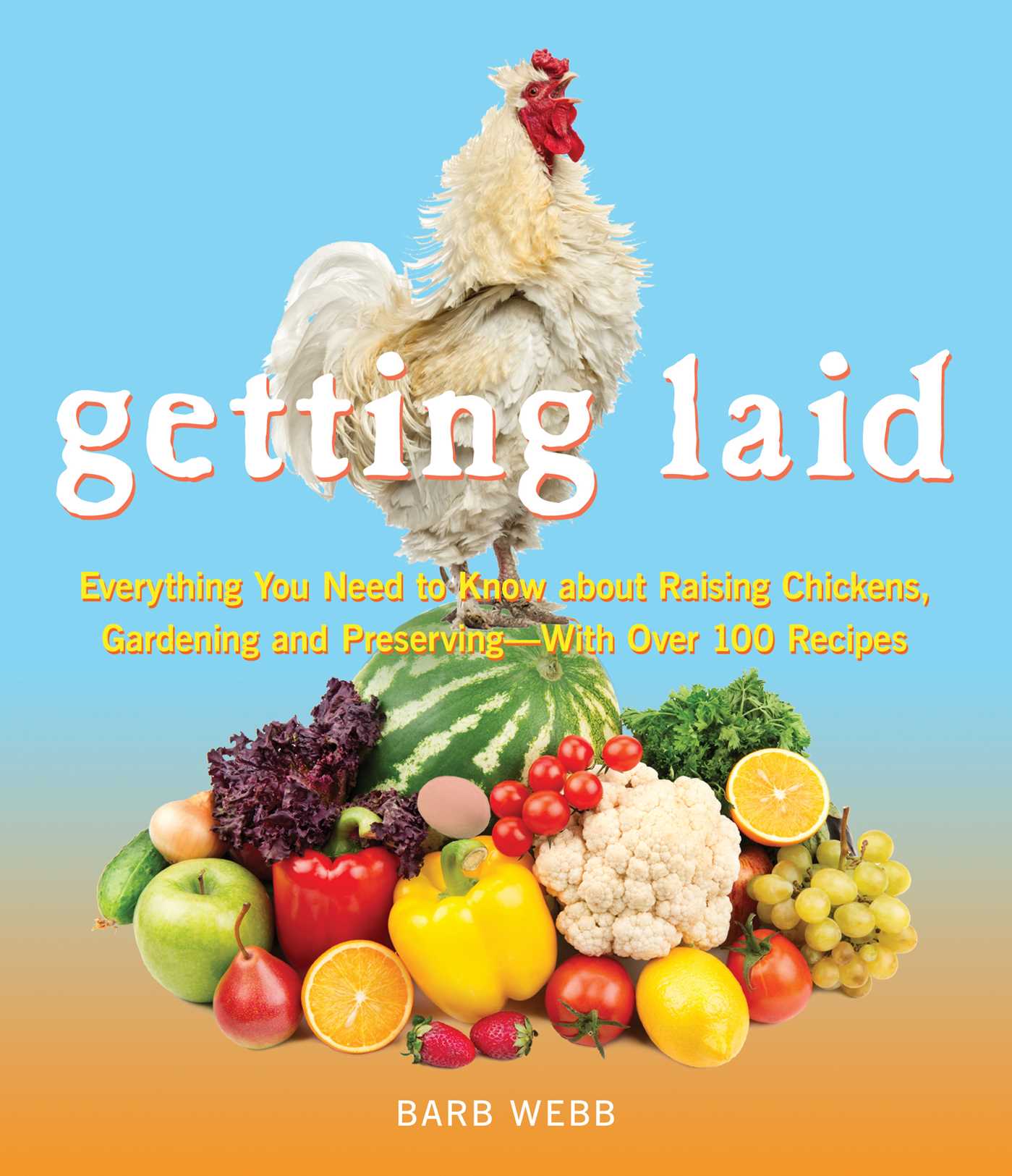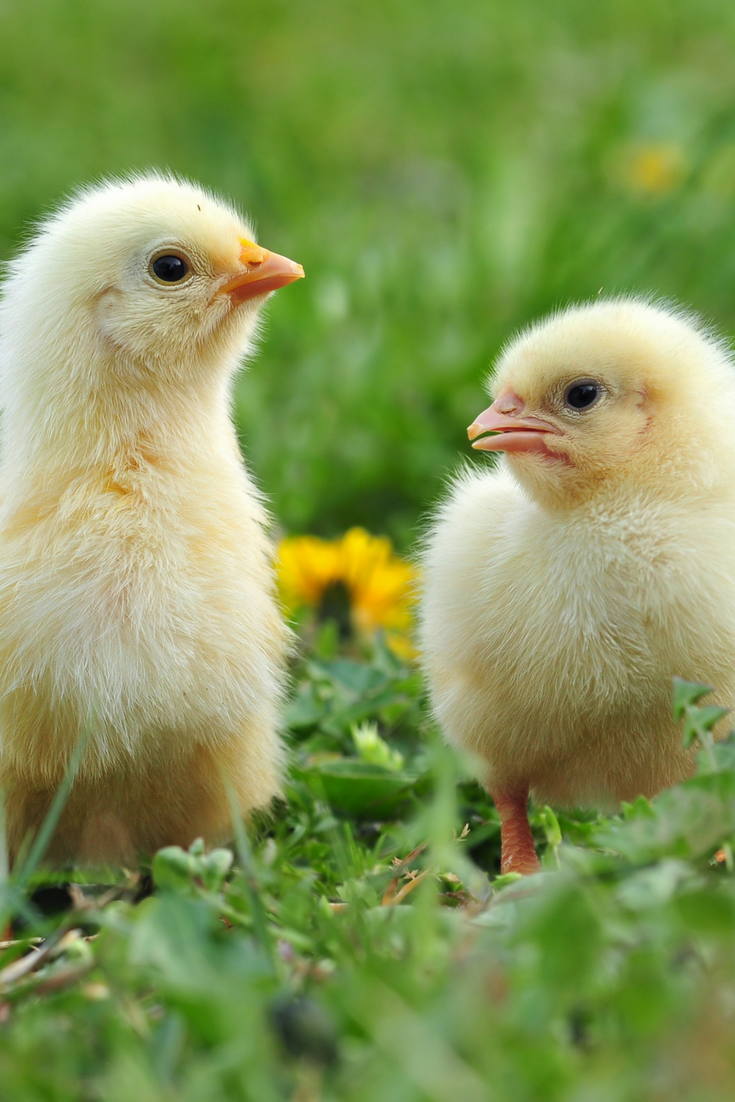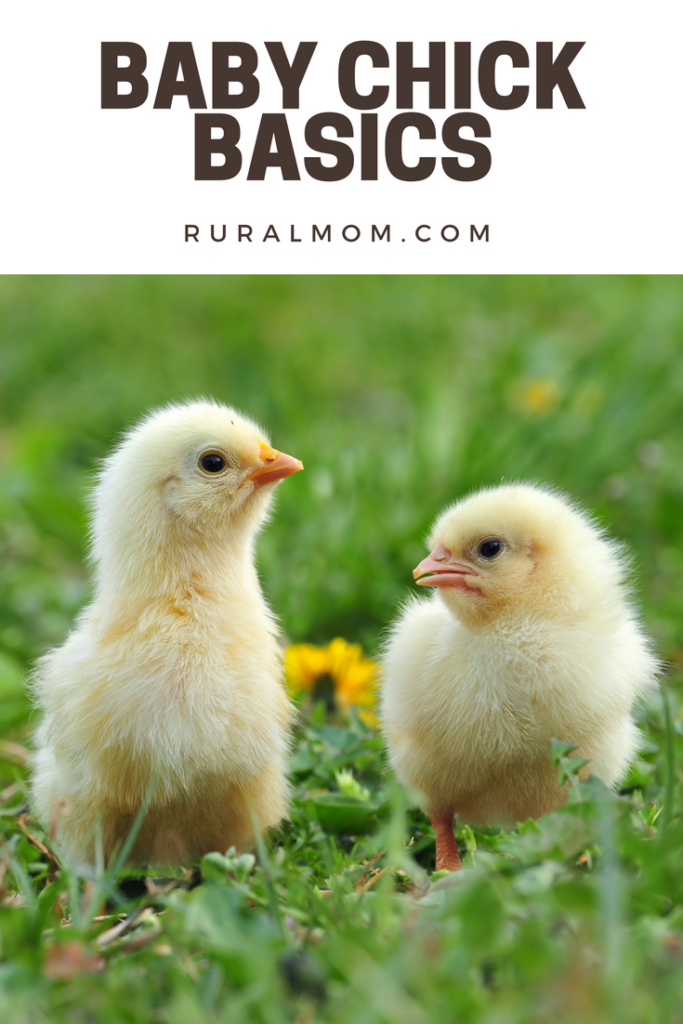So, you think you want baby chicks. So cute, so cuddly, so soft and adorable. The irresistible lure of baby chicks is difficult to resist!
The number one thing you need to keep in mind is those soft little cuddlies grow up to be big, beautiful chickens who need lots of breathing space and attentive care. If you are ready to add a new brood to your family, baby chicks are relatively easy to take care of when you have the proper equipment and know-how.
Before you impulsively purchase your chicks, it’s helpful to know what’s involved in their care with some important baby chick basics. First and foremost, baby chicks need a safe, warm, dry, and clean environment to thrive in.
What should I buy for my baby chicks?
If you want eggs, then you do not want to purchase a mixed run. If you want females, you need to purchase “pullets,” which is the term for a female baby chick.
If you want fertilized eggs (to raise more chicks) you will need a rooster. Be careful about getting too many roosters, they tend to get very territorial and will attack each other. Some recommend that you only have one rooster, but depending on the breed, you may be okay with several. I have 3 Rhode Island Red roosters living in harmony for two years now.
As for breeds of chickens, do your research. There are too many breeds to cover in this blog post. Start locally, ask others what they are raising or ask the feed store what chickens fair well in your environment.
Where will the baby chicks live?
Rubbermaid storage containers (the large totes) work well, as do large fish tanks (emptied of water first, of course!) or a large cardboard box (makes for easy disposals when cleaning, but you will need a few on hand to change out.)
Old blankets or towels (without frays) will make good liners. Some people (including me) use wood chips for bedding (which can be purchased at your local store.)
The container can be kept in the house or outside, as long as it is in a safe and secure location, away from drafts, predators, and so on.
If you have house pets, it’s a little iffy how cats will react to their new friends and dogs generally will just sniff at the new crew, then leave them alone. Do a test run with your house pet by keeping the chicks in a location you can keep a watchful eye on constantly until you feel confident that the house pet has accepted their new roommates.
How will my baby chicks stay warm?
A 100 watt light bulb will do the trick (use a clamp style lamp to attach to one side of the container.) Reptile cage lamps work well, too.
The chicks will let you know if they are too warm or too cold by either clustering under the direct light of the heat lamp (they are too cold) or by clustering as far away from the heat source as possible (they are too warm.) Adjust the position, height, or bulb strength of your lamp accordingly to ensure a consistent temperature and environment for the chicks.
How do baby chicks eat?
Baby chicks are very hungry and they grow like the Dickens! (pardon the silly half-pun.) General retail stores (like Walmart) or farm specialties stores (like Tractor Supply) typically care basic chicken supplies such as waterers and feeders. Purchase them. They are well-designed and it’s hard to find a better substitute.
Freshen water regularly and keep the waterer full.
Baby chicks should be fed baby chick food generally for the first two months. Keep the feeder full, baby chicks do not need to be on a restricted diet, be sure to let them eat as much as they desire. After two-to-three months, a grower food (typically 17% protein) is recommended for the next two-to-three months.
How clean is clean?
Here’s where we need to talk about poop, yep, I said it… it’s not a pretty topic, but it’s an important one.
The only way baby chicks stay clean is with your help. This means you’ll need to change the bedding often (which is where wood chips are sometimes easier to use than towels, etc.) How often? Depends on how many chicks you have, could be daily, could be weekly. Rule of thumb, if it looks dirty or it’s starting to smell in the least little bit, change the bedding.
Should the kids/I play with our baby chicks?
Yes! By all means yes, pet them gently, hold them gently in your hands, talk to them, and spend as much time staring at them as they grow as you would like to. Just be sure to wash your hands after handling.
Chicks that get a lot of love are more likely to be friendly adult chickens who will be responsive to you and less likely to roam away from their home.
What’s next?
While this bit of basic knowledge will get you started on your baby chick raising journey, it’s important to have a more comprehensive guide to take you through the entire decision-making process and beyond. Want to learn more about raising rock star chicks? Check out my new book, Getting Laid: Everything You Need to Know About Raising Chickens, Gardening and Preserving with Over 100 Recipes!





